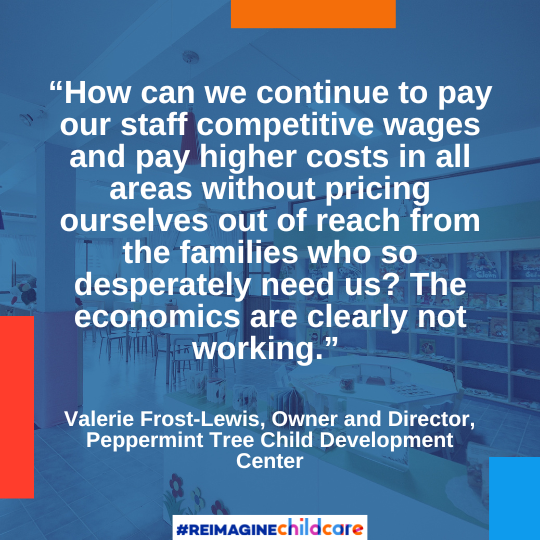Posted on December 7, 2022
Important reminder: Schools must meet with parents of children with disabilities by Dec. 31st to discuss pandemic-related compensatory education.
As a result of the pandemic-related school closures between March 18, 2020 and September 1, 2021, many New Jersey students with disabilities suffered profound learning loss. Often, they did not receive the necessary appropriate school-based education services and therapies for extended periods of time. Per the Individuals with Disabilities Act (IDEA) and New Jersey education laws, school districts were mandated to provide compensatory education to students with disabilities to make up for the services districts failed to provide during the pandemic. These were services that the students were entitled to and required to reach their individualized goals.
Compensatory education services should be provided for students to achieve the goals they would have accomplished if they received the necessary services. Compensatory education services include but are not limited to school-based therapies, one-on-one tutoring by certified staff, summer school, placement in out-of-district programs, a monetary fund for education services outside of the public school and services after high school graduation.
On March 3, 2022, Governor Murphy signed into law a bill to address potential claims for compensatory education services. The claims must be based upon services children received between March 18, 2020 and September 1, 2021 due to the pandemic-related school closures.
This law states:
- Parents can file a complaint for compensatory education services with the New Jersey Department of Education up until September 1, 2023.
- Parents should first try to resolve these issues with their school districts.
- The complaint, known as a Due Process Petition, may be filed online through the New Jersey Department of Education (NJDOE) website or by mail.
- School districts must meet with parents at an IEP meeting by December 31, 2022 to discuss the need for compensatory education.
- If parents have not yet been invited to an IEP meeting to discuss compensatory education, parents should immediately write to their child study teams to request an IEP meeting.
- Parents can file for Due Process if their school districts do not meet with them.
For more information and assistance, contact Nina Peckman, Staff Attorney, at npeckman@acnj.org or 973-643-3876, ext. 226


